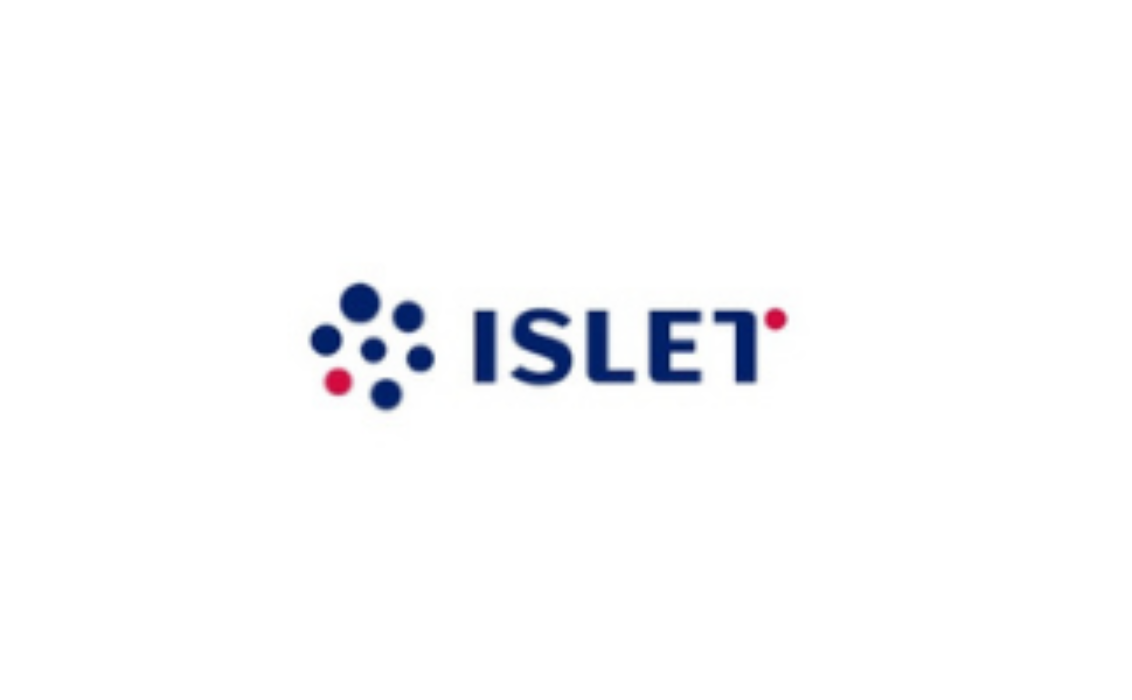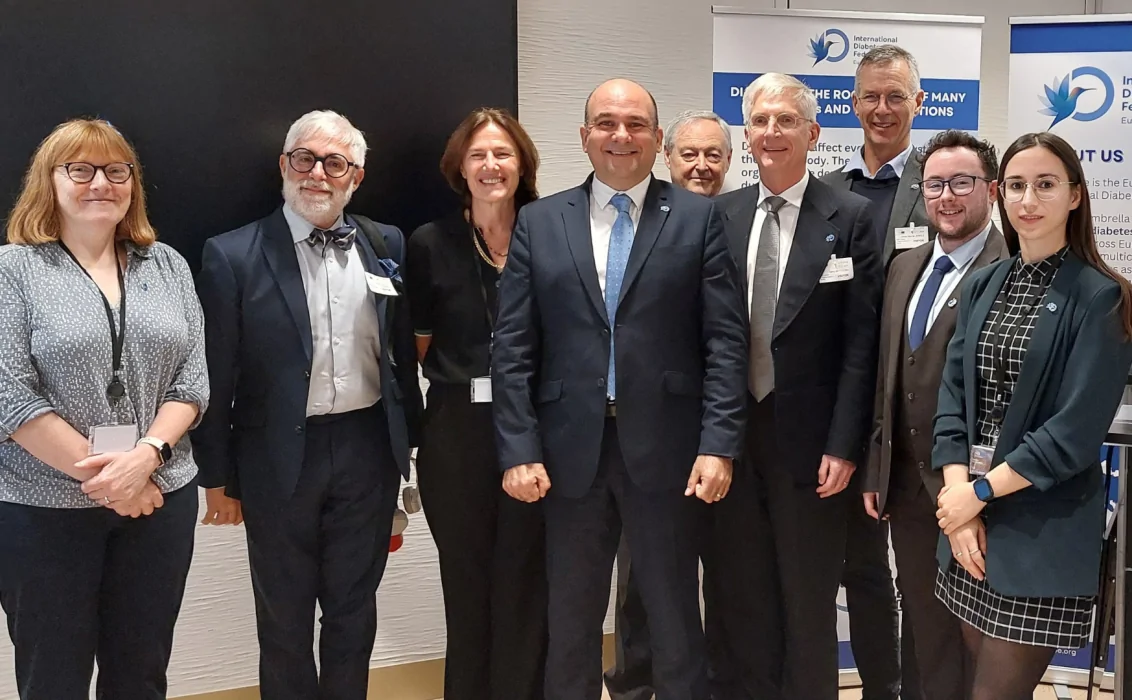Over one million children and adolescents live with diabetes in the world and rely on daily insulin injections and careful blood glucose management. Type 1 diabetes is an autoimmune disease of the pancreas, occurring when the insulin-producing beta cells are destroyed by the immune system. There is no cure for diabetes but islet transplants from a donor’s pancreas can improve blood sugar regulation for people with severe type 1 diabetes. Such transplants are, however, limited by the need for more than one transplant and a shortage of donors. In addition, people receiving transplants require immuno-suppressive medication to prevent transplant rejection.
On World Health Day, Wednesday April 7, the ISLET consortium organised its second Annual Meeting. The consortium consists of seven partners, mostly universities and research institutions, from Denmark, France, Germany, the Netherlands, as well as IDF Europe. It is an EU project funded through the Horizon 2020 research and innovation programme. This five-year project started in 2020 and aims to develop a stem cell therapy that will achieve the same results as transplants from donor cells but without the challenges associated with them. As a project partner, IDF Europe is involved in the communication and dissemination work of ISLET.
Despite the COVID-19 pandemic, the online annual meeting was a chance for all stakeholders to catch up, discuss their progress, ask questions and address current and future developments within each work package during dedicated discussion sessions.
Excitingly, the outreach part of the project is just getting started. The website is already live and leading scientists involved in ISLET participated in a webinar “Imagining the next 100 years of diabetes”, organised by IDF Europe in January 2021 to mark the start of our Centenary of Insulin Campaign.
More information on the project can be found here.



